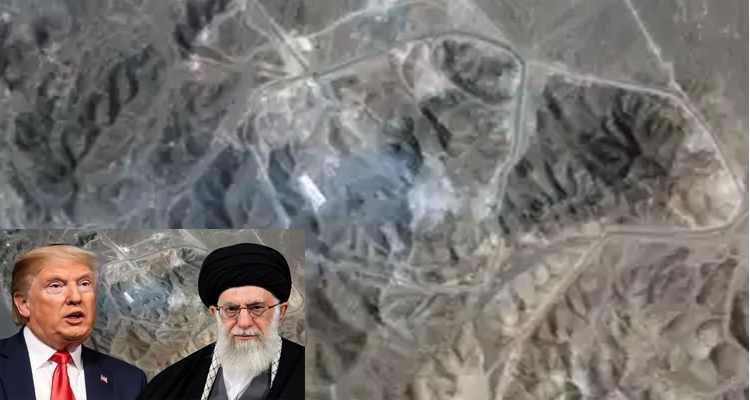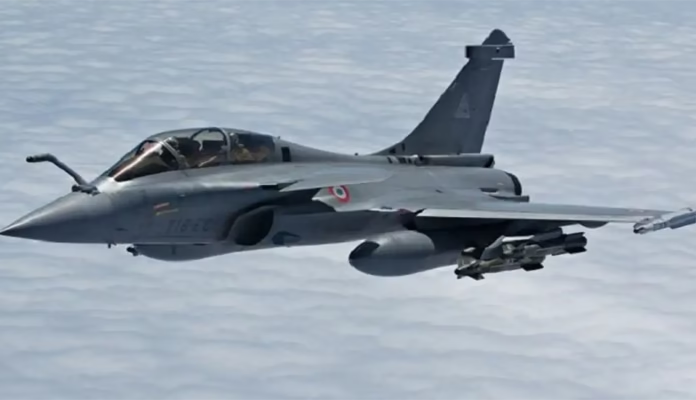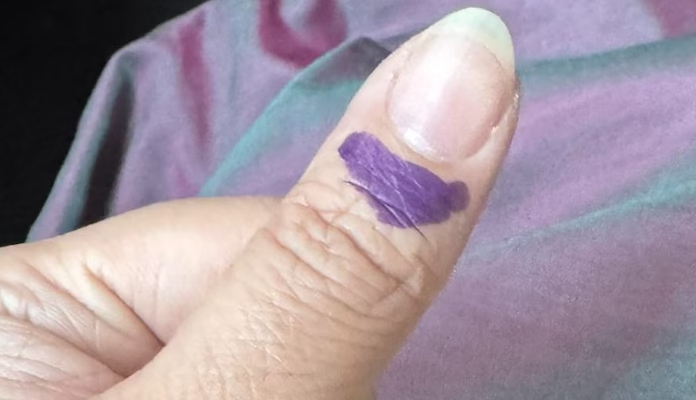
News Desk : Iran has officially confirmed that its nuclear facilities suffered significant damage following U.S. airstrikes over the weekend, even as a fragile ceasefire between Iran and Israel continues to hold.
In a statement to Al Jazeera, Iranian Foreign Ministry spokesperson Esmail Baghaei admitted, “Yes, our nuclear installations have been badly damaged,” adding that the issue is now being handled by the Atomic Energy Organization and other technical agencies.
The revelation came just a day after U.S. President Donald Trump declared that the Iranian nuclear program had been “set back by decades” due to the precision bombing. “They’ve had it… the last thing they want to do is enrich,” Trump said, drawing parallels to the decisive end of World War II. Speaking at the NATO summit in the Netherlands, Trump claimed the U.S. had achieved “total obliteration” at key Iranian nuclear sites, asserting that Iran would not be able to produce nuclear weapons “for a long time.”
Despite skepticism from independent assessments, including a CNN report citing the Pentagon’s Defense Intelligence Agency, which claimed that parts of Iran’s nuclear infrastructure remained intact, Trump dismissed the reports as “fake news.” He took to Truth Social, insisting that the nuclear sites were “completely destroyed.”
White House Press Secretary Karoline Leavitt echoed Trump’s stance, stating, “When you drop fourteen 30,000-pound bombs directly on target, the result is total obliteration.”
Vice President JD Vance further reinforced the administration’s claim of success, saying that although Iran retains enriched uranium—estimated at 408.6 kg at 60% purity—it no longer has the technical capacity to weaponize it. “That is mission success,” he told Fox News.
Meanwhile, the United Nations has renewed its call for diplomacy. At a Security Council session on Tuesday, UN political chief Rosemary DiCarlo said the current calm offers “an opportunity to avoid catastrophic escalation and achieve a peaceful resolution to the Iran nuclear issue.”
She warned, however, that time is running out. The key provisions of the 2015 nuclear agreement—formally known as the Joint Comprehensive Plan of Action (JCPOA)—are set to expire on October 18 unless renewed. The deal, which offered Tehran sanctions relief in exchange for limits on uranium enrichment, has been in limbo since the U.S. withdrew in 2018, prompting Iran to scale back its commitments.
With the ceasefire still in place as of Wednesday, the world watches closely—uncertain whether this is a turning point toward peace or just a pause before the next flashpoint.




